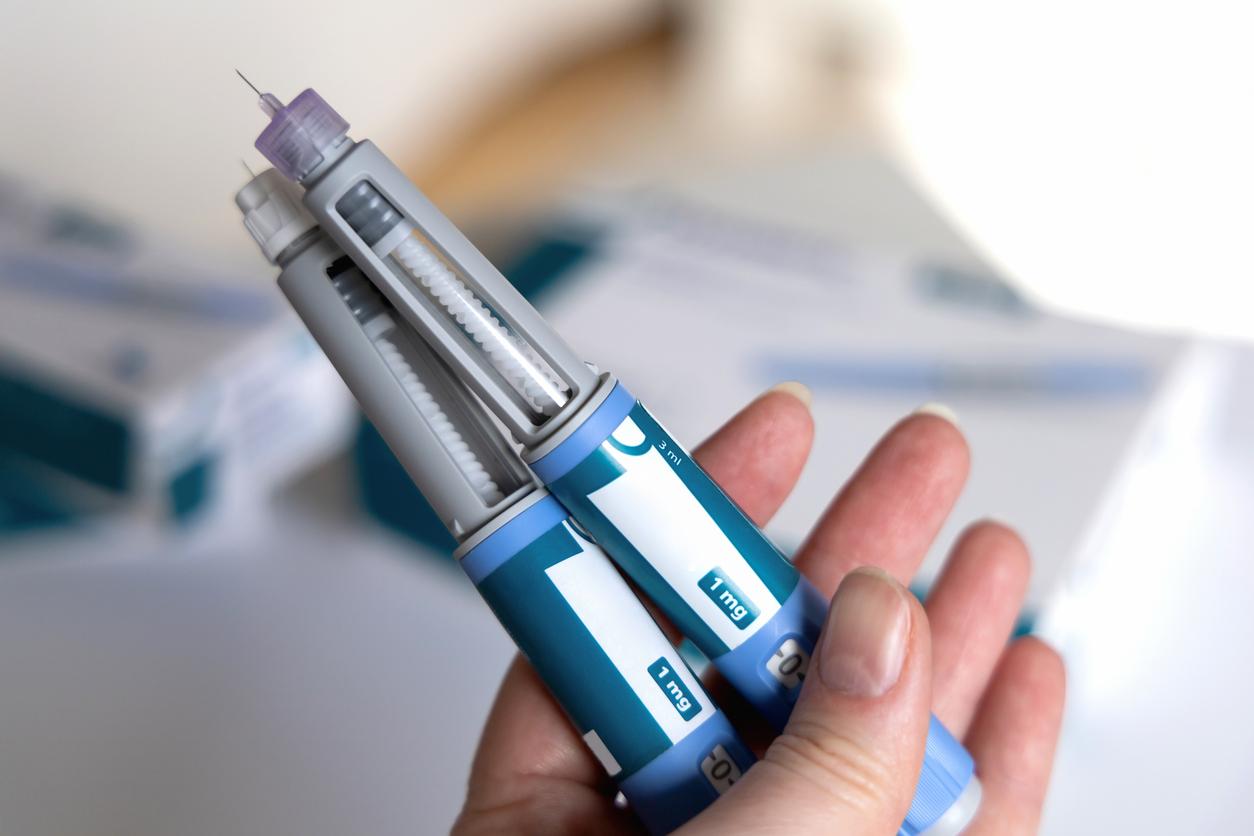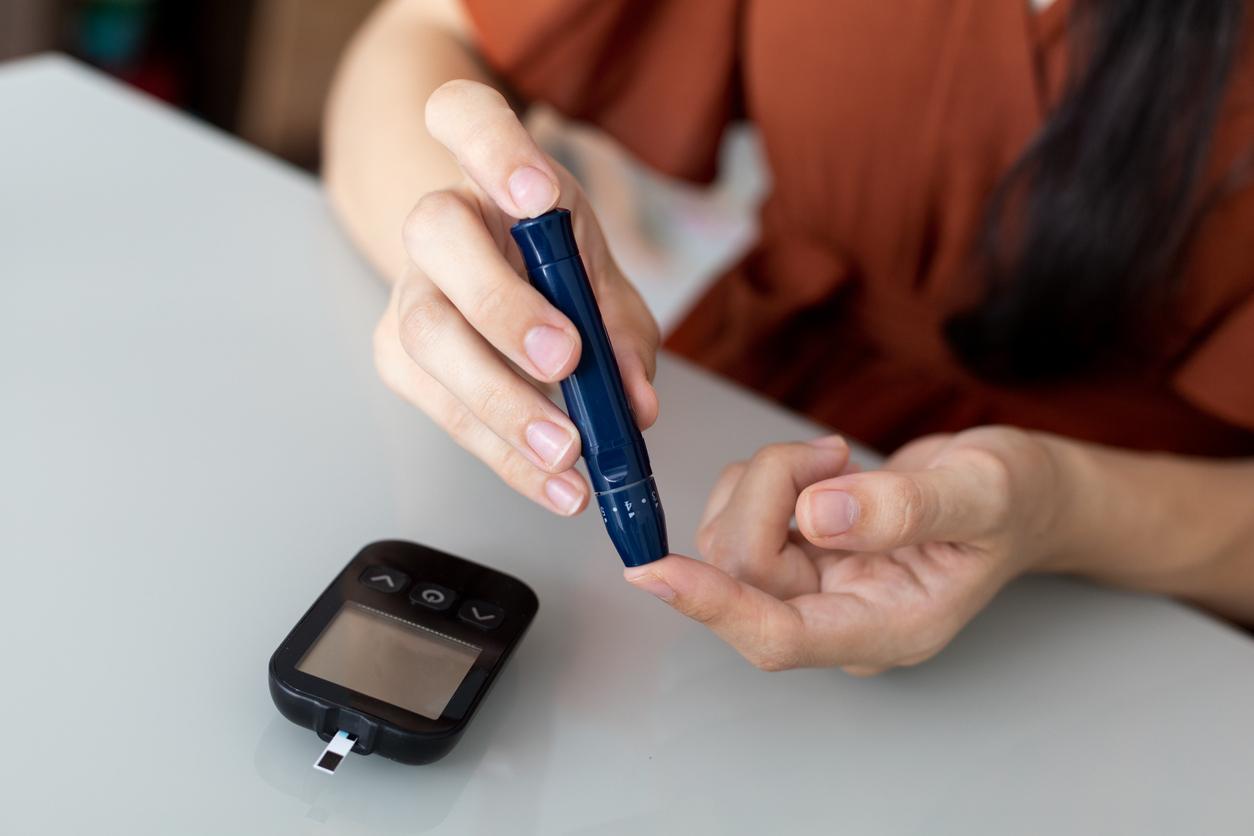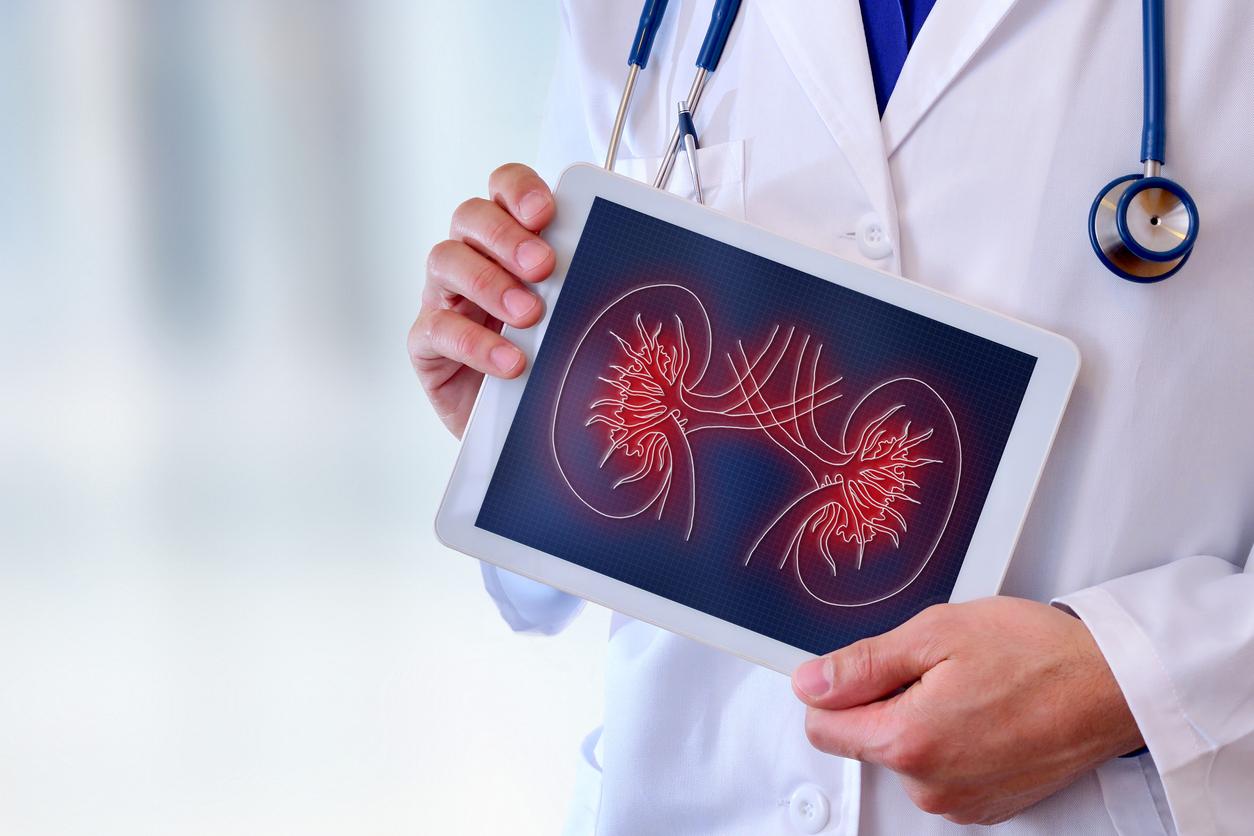Almost one million Dutch people have diabetes
The best experts and scientists screen the most common diseases among people over 50. What are the most hopeful developments in diagnosis and treatment? We ask Prof. Michaela Diamant about the developments in the field of diabetes.
New medicine 1
Michaela Diamant: “The most promising new drugs are the GLP-1 receptor agonists, such as exenatide Byetta. They are used when patients do not respond adequately to the standard medicines (metformin or a sulphonylurea). GLP-1 receptor agonists promote insulin production. They mimic the action of the gut hormones that the body produces when you eat. These intestinal hormones trigger the beta cells to release insulin. That is important, because insulin regulates the glucose balance that is disturbed in diabetics.”
Patient advantage:
“Most patients lose weight because of the new drugs. They eat less because they feel ‘full’ for longer.
Losing weight is important, because being overweight is one of the main causes of diabetes. Obesity is usually maintained by conventional drugs.
If you start quickly with the new drugs, you may be able to prevent the beta cells from deteriorating and diabetes from causing damage in the body. In addition, the new drugs – unlike many conventional drugs – do not cause hypos (abnormal drop in blood sugar levels, resulting in all kinds of complaints). They only do their job after you have eaten, if the blood glucose threatens to rise.
There are also drawbacks. You have to inject these substances under the skin yourself twice a day. And you often have to pay for them yourself; that costs about €90 per month. Health insurers in our country only reimburse GLP-1 if you are very fat: with a BMI of more than 35. Furthermore, it is fair to say that we do not yet know all the long-term side effects of the new products.”
New medicine 2
“The DPP-4 inhibitors sitagliptin (Januvia) and vildagliptin (Galvus) are tablets that generally have a weaker effect than the GLP-1 receptor agonists, but they also use the body’s own principle of intestinal hormones. The intestinal hormones produced by ourselves that stimulate the insulin production of the beta cells are quickly broken down by DPP-4, an enzyme. DPP-4 inhibitors slow down the action of this enzyme. This gives the gut hormones longer time to stimulate the production of insulin, so that there is more insulin to regulate the glucose balance.”
Patient advantage:
“Because DPP-4 inhibitors only do their job after eating, if the blood glucose threatens to rise, they do not cause hypos. Plus, you don’t have to inject yourself like with the GLP-1 receptor agonists. There are also disadvantages. You will not lose weight from the tablets. And the costs of these drugs are reimbursed to a limited extent in the Netherlands, partly because health insurers are not yet convinced that these new drugs are better in the long term than the older blood glucose lowering drugs, about which more long-term data are of course available.”
stomach reduction
“Losing weight is the best thing you can do if you’re so overweight that you’re well on your way to diabetes. But it’s also important if you already have diabetes. In an overweight person who loses twenty kilos, the insulin will do its job better again and the metabolism improves.
I therefore often advise patients to exercise for half an hour a day – for example walking or cycling – and to follow the ‘EDH diet’: the Eat Half Diet. Lose weight, lose weight and lose weight again, that’s what it’s all about. But not everyone succeeds. And a treatment consisting only of healthier living and taking drugs is not always sufficient in severely obese diabetic patients (a BMI over 35).
Because they are overweight not only have diabetes, but also have a greatly increased risk of cardiovascular disease or cancer, a more rigorous solution is often needed: a gastric bypass. The stomach is reduced in size and the intestine is rerouted. After the operation there is a smaller area in the organs to absorb nutrition and the patient will lose weight.
It is a radical procedure and people are initially shocked by this possibility, but more and more patients are thinking about it. Moreover, the risk of this operation is becoming smaller and smaller in centers with a lot of experience.”
Patient advantage:
“If you are severely obese and are unable to lose weight in other ways, this procedure can be a solution. Because you gain a healthier weight, the metabolism becomes almost normal, research shows, so that you can stop taking the drugs. The chance of dying prematurely also decreases spectacularly.”
Good intention 2010
Prof. dr. Michaela Diamant: “Pills and surgery, however promising, are not a solution for type 2 diabetes. I therefore cannot emphasize enough how important lifestyle is in treatment. Right away
In addition, a healthy diet and regular exercise can probably prevent you from getting type 2 diabetes. And if you have a genetic predisposition to it, you can certainly postpone it by about fourteen years!”
dr. Michaela Diamant is professor of diabetology and director of the Diabetes Center at the VU University Medical Center in Amsterdam.
Sources):
- Plus Magazine
















